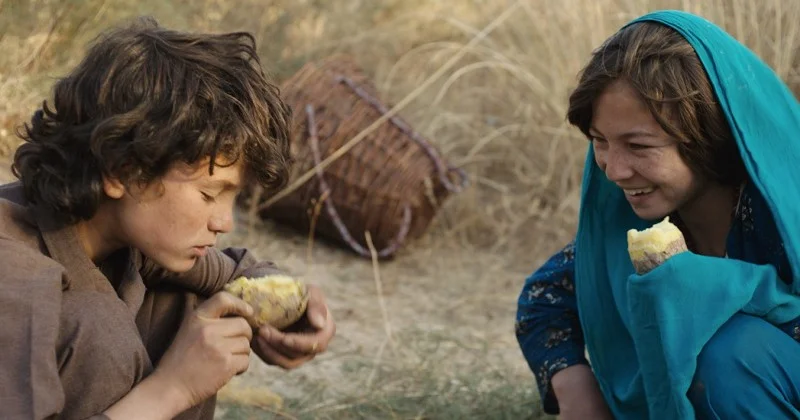Chicago International Film Festival 2016: Raising Bertie
By Andrea Thompson
The documentary “Raising Bertie” took the long view, since it followed three African-American boys, Reginald “Junior” Askew, David “Bud” Perry, and Davonte “Dada” Harrell come of age in Bertie County, North Carolina over the course of six years. We quickly learn three things: Bertie is mostly rural, the majority of its residents are African-American, and there are very few opportunities. Resignation and defeat are so much a part of the location that when the alternative school which has made such a difference in the boys' lives is in danger of ending, the woman in charge of it has to remind parents to get angry. When the school, called The Hive, does close, we see the immediate effect this has on the documentary's subjects, and it's not good. When they were at The Hive, they did well in class, got along with both their teachers and classmates, visited a college, and contemplated continuing their education after high school. The school's closure affects the rest of the film so strongly that it takes much of that early hopeful feeling with it, as the boys seem to immediately have trouble navigating their new schools and the many traps their home has in store for them. Director Margaret Byrne keeps a mostly hands-off approach that allows “Raising Bertie” to address the many issues its subjects face in a nonexploitative way that also allows everyone's flaws to emerge. However, that approach does backfire at times. Numerous topics and people come and go, and the broader context of the story and location could stand to be more fleshed out, especially after The Hive is resurrected. The doc also ends without an epilogue, and so the audience is not given a true ending after essentially watching these boys become men on-screen. The result is a touching story that nevertheless feels a bit incomplete.
Grade: B+




